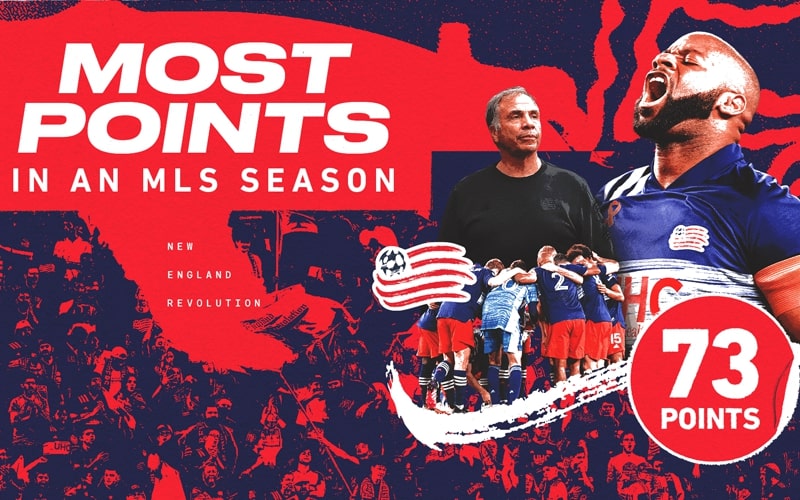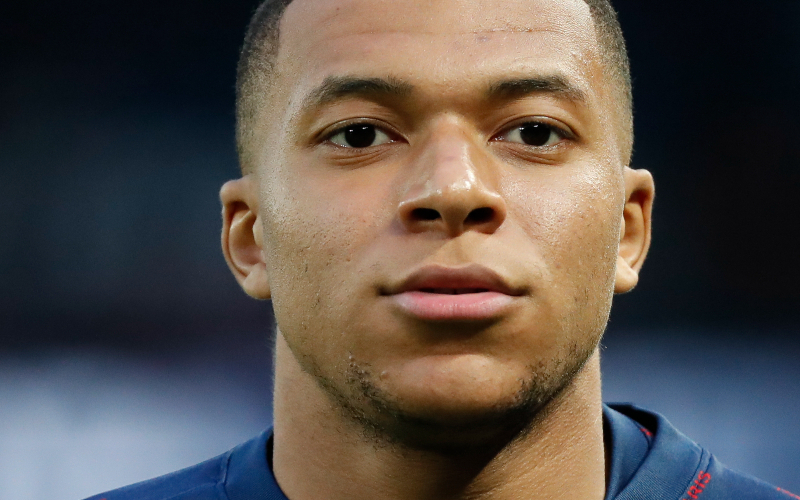Playing professional sports at the highest level is a dream for many athletes, but it comes with intense pressures. Major League Soccer (MLS) players must cope with grueling training, constant public scrutiny, and the weight of fan expectations. These demands can take a major toll on mental health.
In recent years, MLS and its teams have aimed to better support players’ overall wellbeing beyond just physical health. New policies provide more resources to protect players’ mental health amid growing awareness of mental health struggles in sports.
Destigmatizing Mental Health Issues
For a long time, mental health was a taboo topic in the macho culture of men’s professional sports. Athletes were expected to just “man up” and tough it out. Showing vulnerability or struggling emotionally was seen as weakness.
But the realities of mental health issues in soccer and other sports have become impossible to ignore. In 2018, German national team player Robert Enke died by suicide after struggling with depression. More recently, players like Tottenham’s Danny Rose have gone public about dealing with depression symptoms.
MLS wants to create an environment where players feel safe opening up about mental health without fear of judgment. In 2019, MLS announced a league-wide mental health policy requiring every team to have a mental health professional available for players. Teams must also conduct mental health awareness education.
This initiative aims to destigmatize mental health as simply another part of overall health. Speaking up when struggling is encouraged, not frowned upon.
Providing Confidential Resources
Part of creating a judgment-free zone for players is giving them easily accessible, confidential mental health resources.
MLS teams now make psychologists and counselors available to consult with players needing support. These mental health professionals work closely with team doctors and trainers, but conversations remain protected by doctor-patient confidentiality.
Players like Alejandro Bedoya have spoken about the value of being able to get confidential help privately when needed. Having on-call experts reduces barriers to speaking up when issues arise.
The experts consulted also have experience specifically working with pro athletes to understand lifestyle stressors. Toronto FC team psychologist Dr. Sharleen Lafreniere says they aim to offer coping tools tailored to the player’s situation.
Normalizing Challenges
MLS knows that every player’s mental health needs are different. Some may be more affected by certain triggers like performance slumps, injuries, or trade rumors.
Teams use education to normalize these variances. Mental health workshops illustrate how symptoms may arise and how to healthily cope.
Sporting Kansas City forward Alan Pulido emphasizes that “Each player faces diverse situations.” Open conversations about the different mental strains players experience enable compassion.
Outreach efforts by veterans also remind teammates that every player has weak moments. Sharing their own past struggles and what helped them reframes asking for help as maturity rather than weakness.
Promoting Work/Life Balance
MLS’s long season and packed travel schedule leaves players little free time. The constant grind can wear anyone down mentally.
Teams now actively encourage players to pursue interests outside soccer as outlets. Scheduling regular practices and days off enables more time with family and friends.
LA Galaxy midfielder Sebastian Lletget highlights how outlets like going back to school and content creation help him “step away from the game.” Giving players’ lives dimension beyond soccer enhances resilience.
Accountability and Progress
Implementing league-wide mental health support has held teams more accountable in prioritizing wellbeing. But MLS also emphasizes this is an ongoing process.
Regular anonymous surveys of players and staff help evaluate what’s working versus what gaps need addressing. Feedback has already led to more informal options like peer discussion groups.
Sporting KC manager Peter Vermes has witnessed the positive effects of destigmatizing mental health: “The changes we’ve made have really encouraged players to speak up sooner when they’re struggling.” Quick intervention often prevents larger issues.
But Vermes acknowledges there are still areas for improvement as understanding evolves. Enhanced structure for helping players post-career is a priority. Checking in on mental health will likely remain part of players’ lives long after retirement.
Supporting Families
MLS recognizes that players’ families also deal with unique stressors and changes from the pro athlete lifestyle.
Many teams now extend mental health services to provide counseling for spouses and kids. Sport psychologists assist with challenges like separation during travel or learning to manage fame.
Support networks for MLS players’ families also foster community and friendship. Wives and girlfriends will often get together during times like training camp.
Considering families’ wellbeing alongside players takes a more holistic approach.
Financial Planning Assistance
Money-related issues are another common source of strain for pro athletes. Financial education resources aim to equip players with savvy money management skills.
MLS players now have access to advisors who specialize in investments, taxes, and planning for long-term security. Coaches encourage players to treat finances as part of their overall training.
Demystifying money matters reduces uncertainty players often feel about their career earnings. Wise budgeting and planning helps prevent future money stress down the road.
Substance Abuse Resources
Unfortunately, high-pressure sports environments can also feed unhealthy dependencies. MLS offers confidential treatment programs to help players manage substance abuse issues.
Getting help for addictions prevents destructive cycles that compound mental health problems. Identifying and treating root causes of substance abuse, rather than just symptoms, empowers lasting change.
While still an uncomfortable topic, MLS acknowledges realities to support players comprehensively. Judgement-free assistance promotes integrity off the field.
Holistic Health
MLS’s initiatives align with a broader shift in sports toward a more holistic idea of health and wellbeing.
Top European clubs like Manchester United and Bundesliga’s Hoffenheim have also hired specialized mental health staff. Globally, athletes are speaking about mental health more openly.
For MLS players, the multifaceted pressures will continue. But combating stigma and providing empathetic, confidential care helps maintain perspective.
In the words of former MLS goalkeeper Nick Rimando, the priority is “Putting the person before the player.” Support systems focused on that foundation give players their best chance at sustaining mental wellness for the long run.




